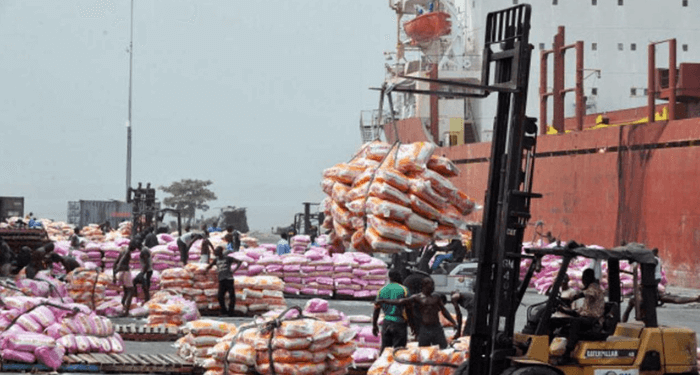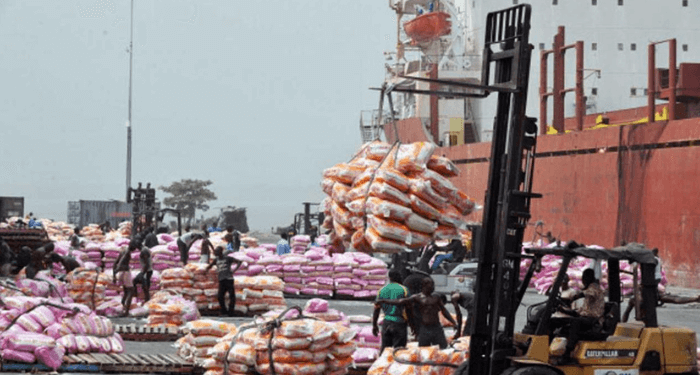By:Kenneth Appiah Bani.
The Nigerian government’s failure to implement the import waiver on food items has worsened the hunger crisis in the country. The waiver, which was announced in July 2024, aimed to reduce the cost of food imports and provide relief to Nigerians. However, the Federal Ministry of Finance’s inability to provide a list of qualified importers has rendered the policy ineffective.


Consequences of the Failed Waiver.
The non-implementation of the import waiver has led to a significant increase in food prices, making it difficult for many Nigerians to access basic food items. The prices of staple foods like rice, beans, and cassava have skyrocketed, with some items experiencing price jumps of over 100% in just one year.
Rising Hunger and Malnutrition.
The failed waiver has exacerbated the hunger crisis in Nigeria, with millions of people facing severe food insecurity. The World Food Programme estimates that 33 million Nigerians may face hunger in 2025, up from 25 million last year. Malnutrition rates are also on the rise, particularly among children and pregnant women.
Impact on Vulnerable Populations.
The failure of the import waiver has disproportionately affected vulnerable populations, including the poor, women, and children. Many families are struggling to access basic food items, leading to increased rates of hunger, malnutrition, and related health problems.
Government’s Inaction Criticized
The Nigerian government’s inaction on the import waiver has been widely criticized by experts, civil society organizations, and ordinary citizens. Many have accused the government of failing to prioritize the needs of its citizens, particularly the most vulnerable.
Urgent Action Needed
To address the worsening hunger crisis, the Nigerian government must take urgent action to implement the import waiver and provide relief to Nigerians. This includes providing a list of qualified importers, streamlining the import process, and ensuring that food items are available at affordable prices. The government must also invest in sustainable agriculture programs, support small-scale farmers, and address the root causes of food insecurity in Nigeria.






